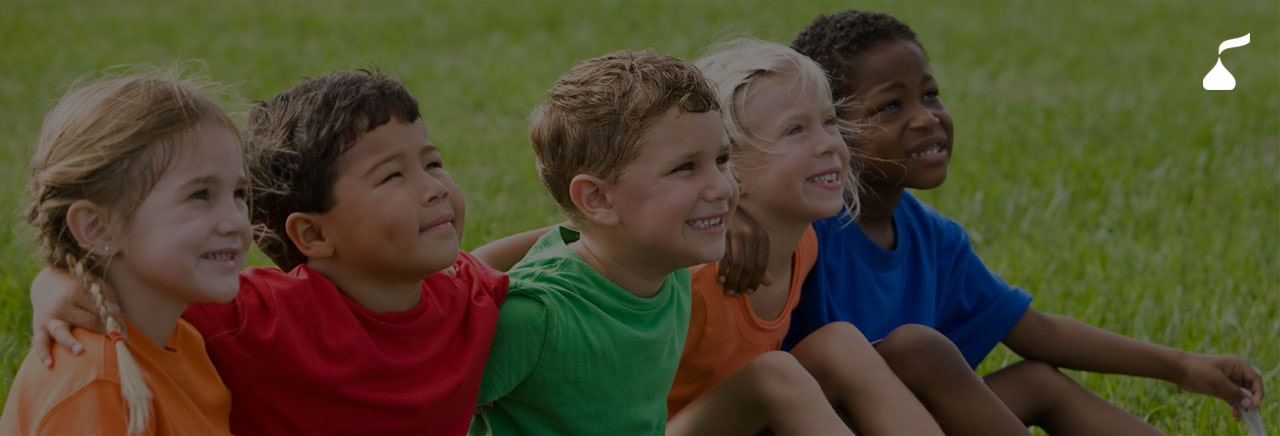Raising Kids Who Care
This guest post is part of the Heartwarming Project – a new Hershey Company initiative focused on helping kids and families build meaningful connections.
“My parents are prouder if I get good grades in my classes than if I’m a caring community member in class and school.”
In a survey of 10,000 middle and high school students conducted by Making Caring Common, the project of the Harvard Graduate School of Education where I am Director, youth were three times more likely to agree than disagree with the statement above. Indeed, roughly 80% of the youth surveyed reported that their parents were more concerned about their achievement or happiness than their care for others.
Why is this important? When children do not prioritize caring and fairness in relation to their self-concerns there is a lower bar for many forms of harmful behavior, including cruelty, disrespect, dishonesty, and cheating. Caring and empathetic children build more caring communities, are more engaged and constructive citizens, and protect those who are vulnerable. And, perhaps ironically, when children can empathize with and care for others, they’re also more likely to be happy and successful.
What about parents? Most say that raising caring children is a top priority--and in fact rank it as more important than children’s achievements. Two resources developed by Making Caring Common--Cultivating Empathy and Raising Caring Children--offer concrete steps that parents and caregivers can take to raise more caring children. “Cultivating Empathy” focuses on developing perspective-taking and compassion, and “Raising Caring Children” offers a set of guideposts for raising caring, respectful, and ethical children, along with tips for putting them into action.
But there is still much work to be done to bridge the gap between what parents identify as their priority--raising caring children--and the priorities they actually communicate to their children day to day. Helping parents and caregivers bridge this “rhetoric/reality gap” is a key reason that we are excited to collaborate with Hershey’s Heartwarming Project as we lay the foundation for a new national parenting initiative. As part of this initiative, we will develop accessible, low-burden strategies for parents and caregivers to help guide young people in the development of key social and emotional capacities--such as empathy and gratitude--that will help them create meaningful connections and lasting relationships and build stronger, more caring communities.
